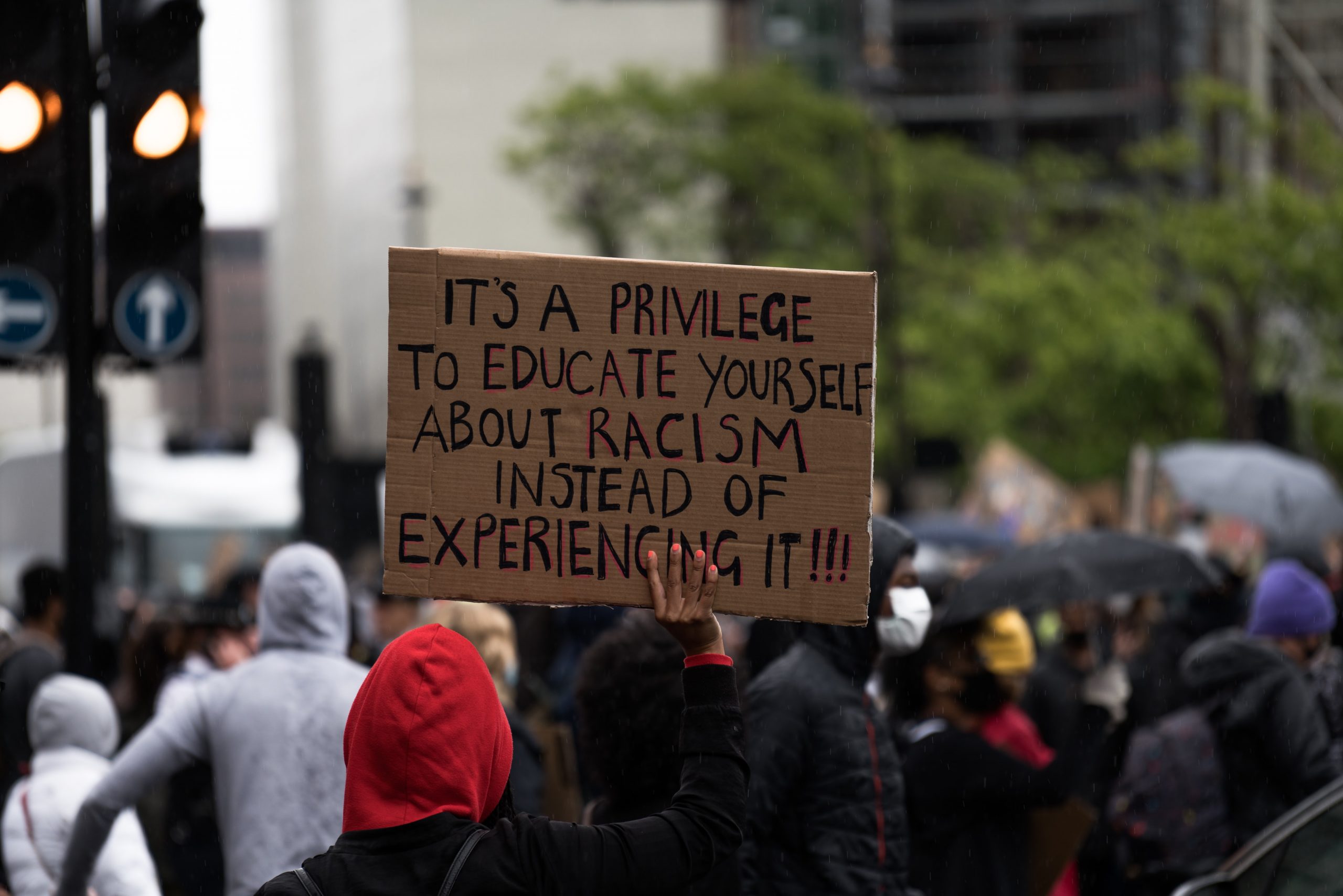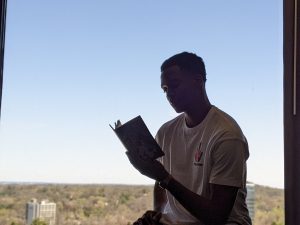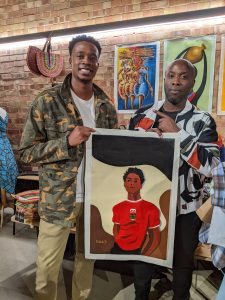It really grinds my gears when I hear people question if Britain is racist, or if there is ‘still’ racism in Britain? There has always been racism in Britain. Before I was alive and no doubt when I’m gone too.
Some white people are oblivious to racism. Why is this?
It could be due to the BAME (I hate that acronym) community not highlighting their racial experiences enough or sometimes at all? Why don’t we highlight it or point out racism?
I’ve read a lot of comments on social media recently where white people claim that blacks are playing the race card over all of the social issues that are being highlighted. It’s come up a lot when employment is being discussed, particularly regarding the FA employing more black coaches:
“If you’re not good enough or don’t have the experience then you don’t deserve the job. Being black has nothing to do with it.”
“Whenever things don’t go their way, blacks are so quick to play the race card.”
That phrase ‘the race card’ seems to be white people’s get out of jail free card. It must hurt when you have called somebody out for being racist only for that claim to be dismissed.
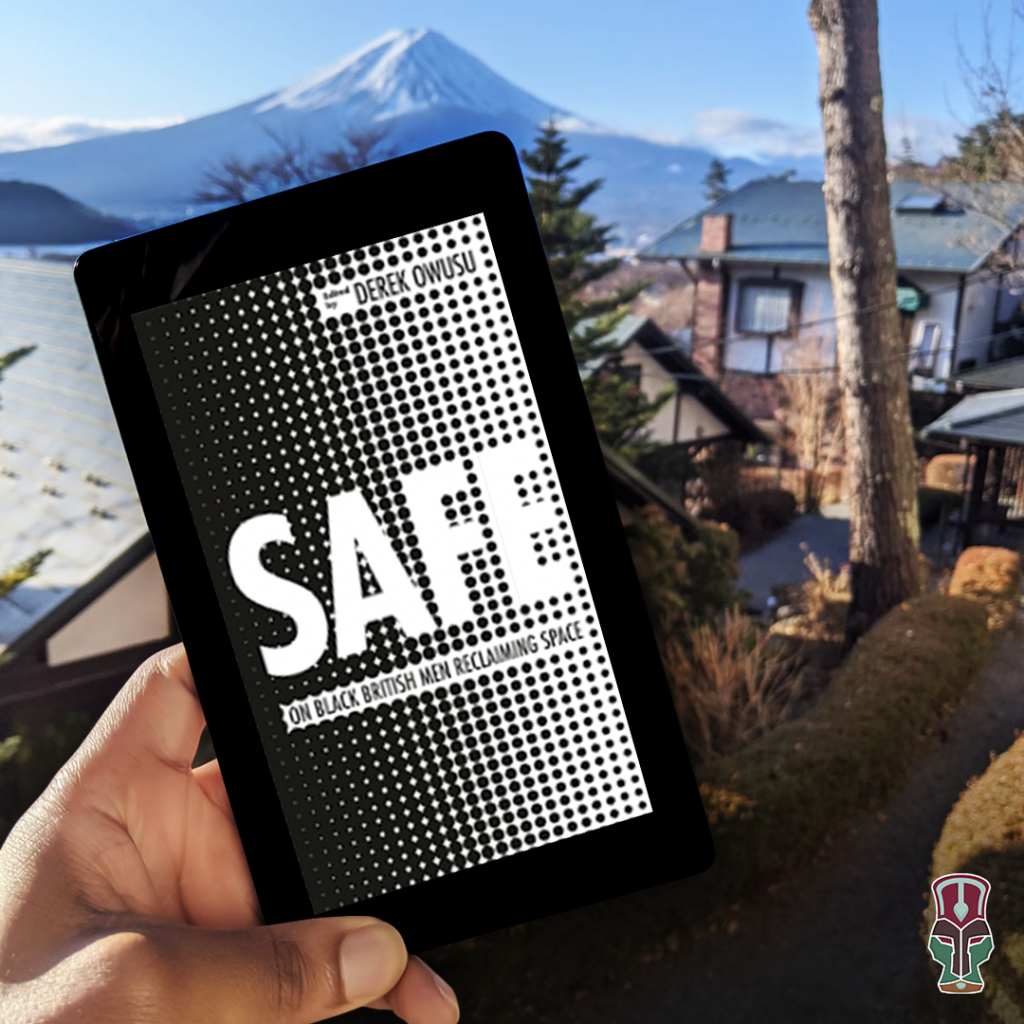
This post was supposed to be a book review on SAFE: Black men reclaiming space. So here it is and why that rant above was so relevant.
This book is a collection of Black males racial experiences growing up black in Britain. There are both positive and negative experiences, but the main point is that almost everything is driven by race.
This is just a small percentage of black males recounting their stories. Yet I could identify with the majority of them as these incidents have happened to me (or something similar).
If these incidents resonate with more than one black male, then surely these are serious issues which need to be addressed with serious thought and discussion? The issues raised still happen within society and should be dealt with accordingly and not dismissed by saying that a person is simply waving the race card.
I really enjoyed the chapter by Alex Wheatle. I enjoy most of his work as he writes about areas I know and have been. His chapter starts in Brixton, the late 70s. Due to what we hear or read in the papers, Brixton sounded like a horrible place to live back then, but from his point of view, it was just like any other place. There are good bits and there are bad bits, just like anywhere.
One part that interested me was the description of the football hooligans of that time, and how they could fight and cause damage to the area. Yet they seemed to be a law unto themselves.
However being Black around those times seemed to be the actual offense itself. “Inhabiting a black skin was mistrustful enough for them.” when he refers to the police back in those days.
I got the sense that a singular Black man is more likely to be apprehended by the police over a group of white males.
One of the other parts of the chapter that resonated with me was that Alex met Tommy Smith, the American Olympian who raised the black power salute when he received his medal. I also met Tommy Smith when he came to the Southbank centre to talk about that moment in history.
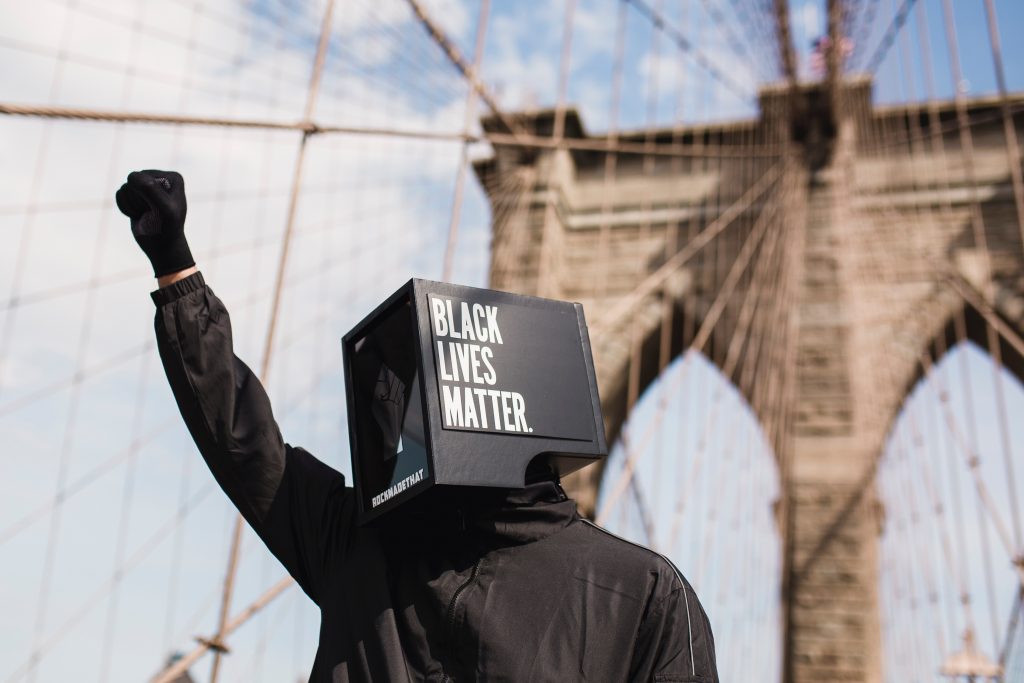
Mr Smith raised the salute even though he knew what it meant once he returned to the USA. He was not welcomed back to the country with open arms even though he won a medal. He was vilified, he lost out on future earnings and was persecuted in his area for some time.
Also and tellingly, he did not receive any help from the International Olympic Committee.
Alex Wheatle brings up the modern day version of this in Colin Kaepernick and how he took a knee ahead of every NFL game while he was still an active player. Kaepernick took a knee as a protest to amplify the message of the mistreatment to black people across America.
Although he received political pressure and negative press, he continued to take a knee. Once his contract dwindled down, he was not offered a new one and still doesn’t have a professional team (as of writing).
I look at Tommy Smith as an example, Mohammed Ali and more recently John Boyega (after an emotional rallying cry during a London Black Lives Matter protest, directors like Jordan Peele reassured him that work wouldn’t stop) who have all spoken up , it made me look at myself. Am I doing enough?
It was really interesting to hear other black males accounts of growing up black in Britain. I didn’t think that there was a book of this kind on the market, but was pleasantly surprised when I found it.

It helped me in the process when writing my own book. I too used insights from my Black network to best illustrate a rounded depiction of racism in Britain. I just hope mine is received just as well as this book.
Have you read the book yet? If so, let me know what you think in the comments.

